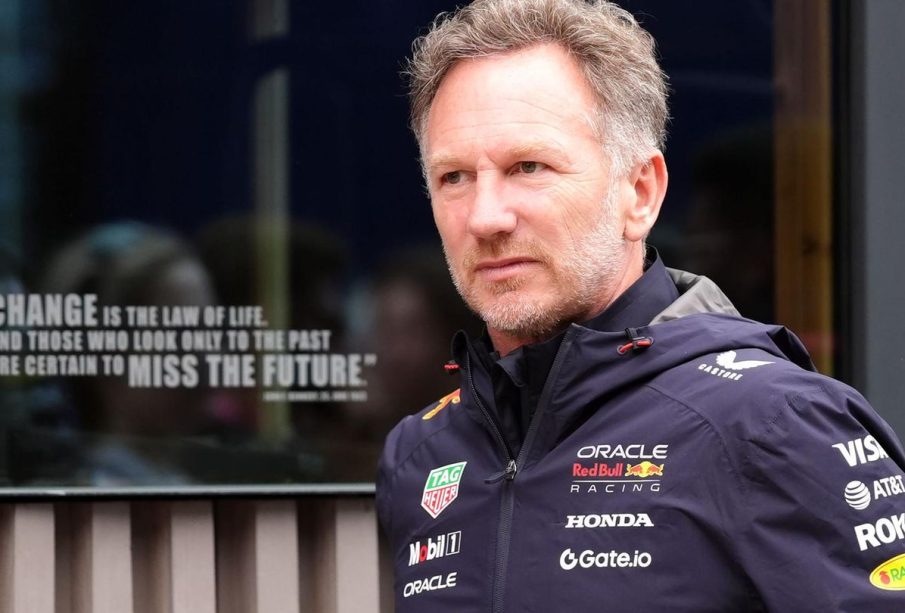Christian Horner: A Pillar of Success in Formula 1

Introduction
Christian Horner, the Team Principal of Red Bull Racing, has emerged as one of the most significant figures in Formula 1 over the past two decades. His leadership has not only shaped one of the most successful teams in the sport’s history but has also influenced the broader landscape of Formula 1. This article delves into his journey, strategic decisions, and the impact he has had on the racing world.
Background and rise to prominence
Horner was born on November 16, 1973, in Leamington Spa, England. Starting his career in motor racing as a driver, he quickly transitioned to team management, assuming the reins at Red Bull Racing when the team was founded in 2005. Under his guidance, Red Bull Racing quickly ascended to become a powerhouse in Formula 1, particularly from 2010 to 2013, when they clinched four consecutive Constructors’ Championships and Drivers’ Championships with Sebastian Vettel.
Key Achievements
One of Horner’s most notable achievements is his ability to foster talent within the team. He played a key role in developing young drivers such as Max Verstappen, who has become a World Champion and is regarded as one of the best talents in the sport today. Horner’s strategy has often involved taking calculated risks, exemplified by his decision to promote Verstappen to a race seat at just 17 years old, a move that has since reaped significant rewards.
Challenges and Controversies
Like any influential figure, Horner has faced his share of challenges and controversies. The 2021 season was particularly tumultuous, marked by fierce rivalries, notably between Lewis Hamilton and Max Verstappen. The events of the final races led to debates around sportsmanship and regulation enforcement in Formula 1. Horner’s firm stance in defence of his driver has not gone unnoticed, leading to discussions about the limits of team strategies and ethics in racing.
Conclusion
As of 2023, Christian Horner continues to lead Red Bull Racing towards new horizons, promising to maintain their competitive edge and push for further championships. His strategic vision and leadership style have not only advanced his team but also contributed significantly to the evolution of Formula 1. As the sport prepares for new regulations and challenges, Horner’s insights and experience will undoubtedly play a crucial role in shaping a successful future. For fans and followers of Formula 1, Horner’s journey serves as a testament to the intersection of talent, management, and innovation in the world of competitive racing.









